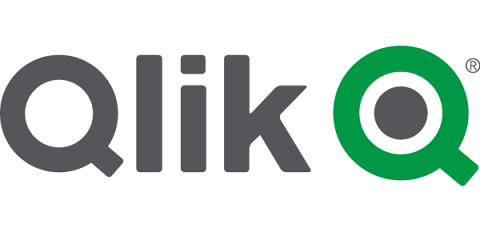Systems | Development | Analytics | API | Testing
BI
DataFinOps: More on the menu than data cost governance
IT and data executives find themselves in a quandary about deciding how to wrangle an exponentially increasing volume of data to support their business requirements – without breaking an increasingly finite IT budget. Like an overeager diner at a buffet who’s already loaded their plate with the cheap carbs of potatoes and noodles before they reach the protein-packed entrees, they need to survey all of the data options on the menu before formulating their plans for this trip.
Leveraging Data Analytics in the Fight Against Prescription Opioid Abuse
Every day in the US thousands of legitimate prescriptions for the opioid class of pharmaceuticals are written to mitigate acute pain during post-operation recovery, chronic back and neck pain, and a host of other cases where patients experience moderate-to-severe discomfort.
Seven Ways to Gain Data Clarity in An Uncertain Climate
It’s been a rollercoaster ride for everyone over the last few years, with particular pressure on Chief Financial Officers (CFOs) to support CEOs steering their organizations through things none of us expected to experience in our lifetime. Unfortunately, with the financial markets going into turmoil over the last few months and consumers of all shapes and sizes starting to cut back on spending, the uncertainty isn’t going to stop anytime soon.
The Denodo Platform meets BigQuery
How Denodo Platform’s data integration and data management capabilities work seamlessly with BigQuery.
The Snowflake Telecom Data Cloud
Implementing and Using UDFs in Cloudera SQL Stream Builder
Cloudera’s SQL Stream Builder (SSB) is a versatile platform for data analytics using SQL. As apart of Cloudera Streaming Analytics it enables users to easily write, run, and manage real-time SQL queries on streams with a smooth user experience, while it attempts to expose the full power of Apache Flink. SQL has been around for a long time, and it is a very well understood language for querying data.
Snowflake's Phil Kippen Weighs In on Launch of the Telecom Data Cloud
Today Snowflake is officially launching the Telecom Data Cloud. Snowflake’s newest Data Cloud helps telecommunications service providers break down data silos within the business and across the ecosystem, allowing organizations to easily and securely access data in near real time, enrich it with machine learning models, and then share and analyze it to drive better decision-making.
The Evolution from DevOps to DataOps
By Jason Bloomberg, President, Intellyx Part 2 of the Demystifying Data Observability Series for Unravel Data In part one of this series, fellow Intellyx analyst Jason English explained the differences between DevOps and DataOps, drilling down into the importance of DataOps observability. The question he left open for this article: how did we get here? How did DevOps evolve to what it is today, and what parallels or differences can we find in the growth of DataOps?











